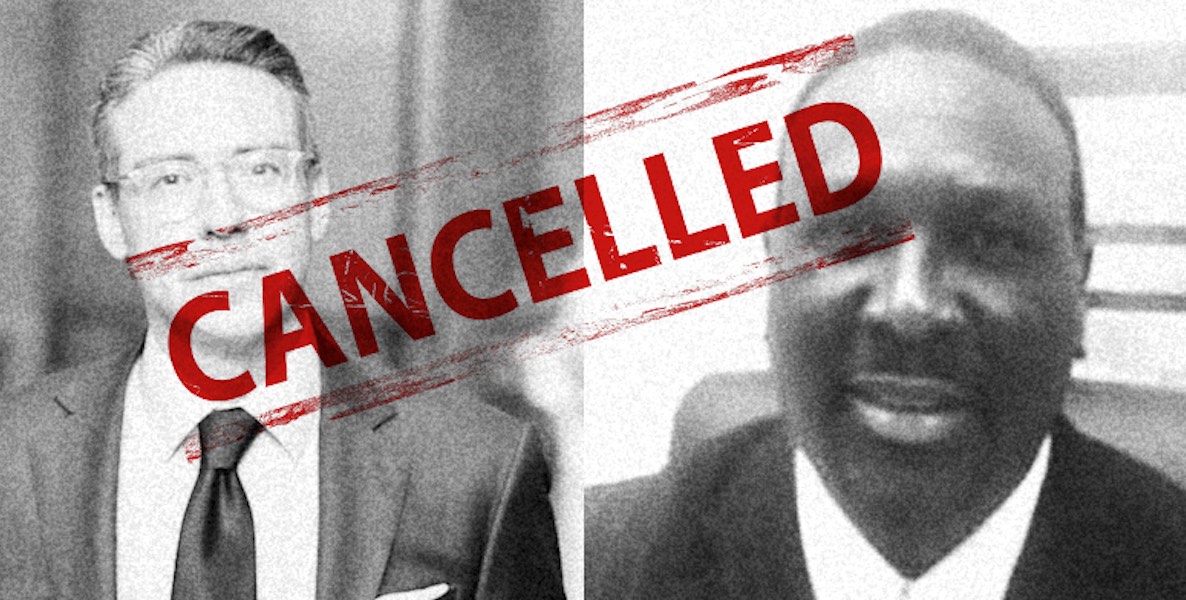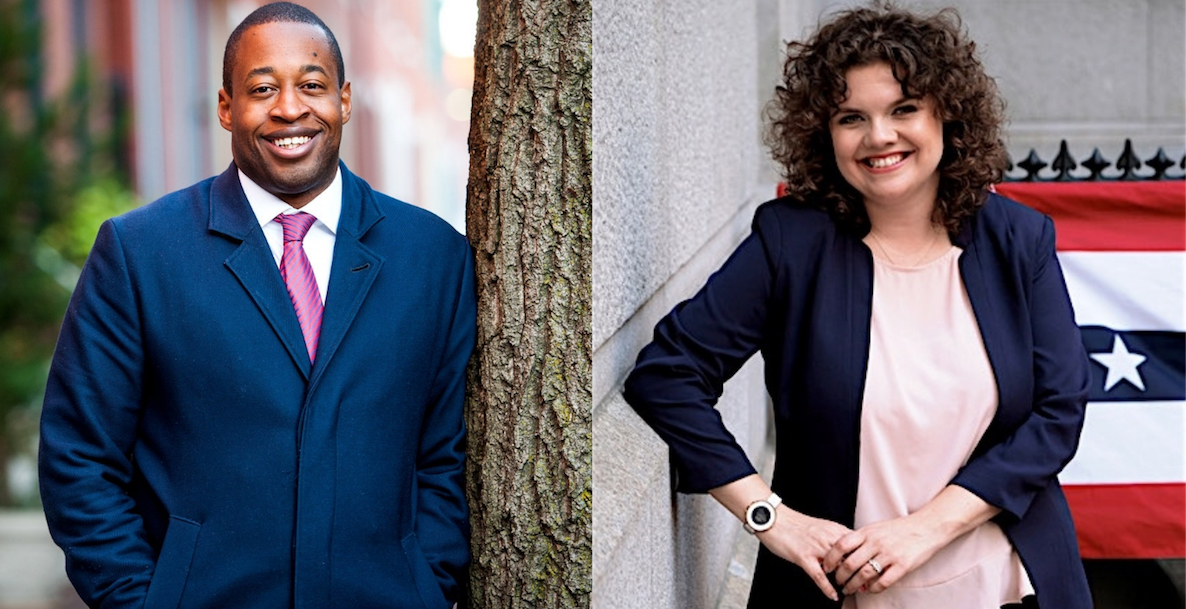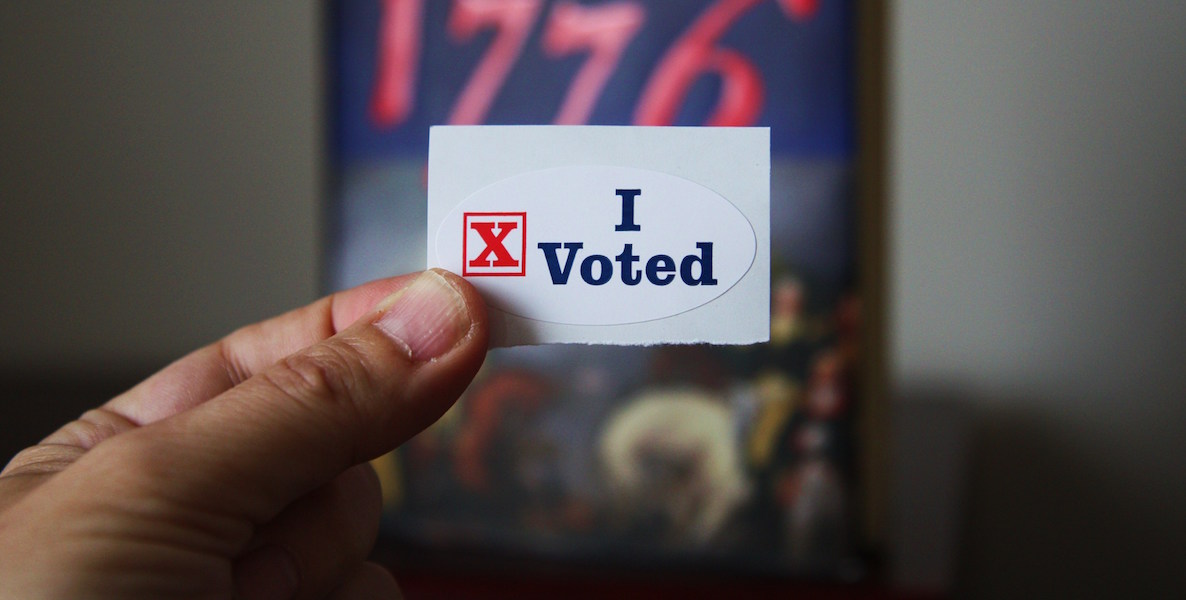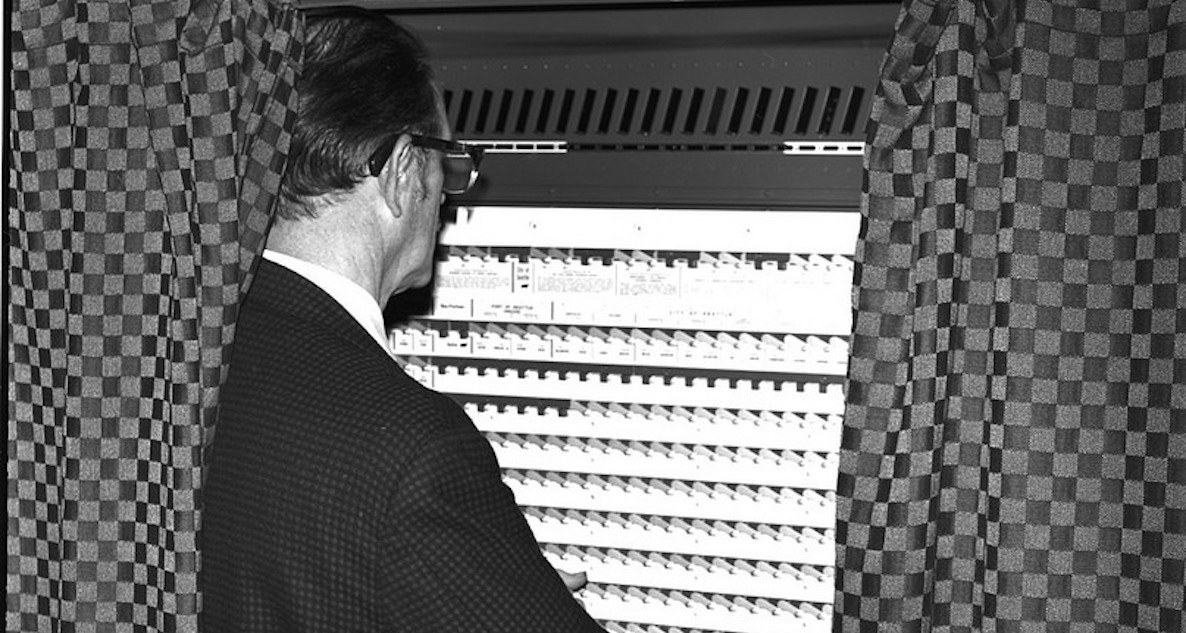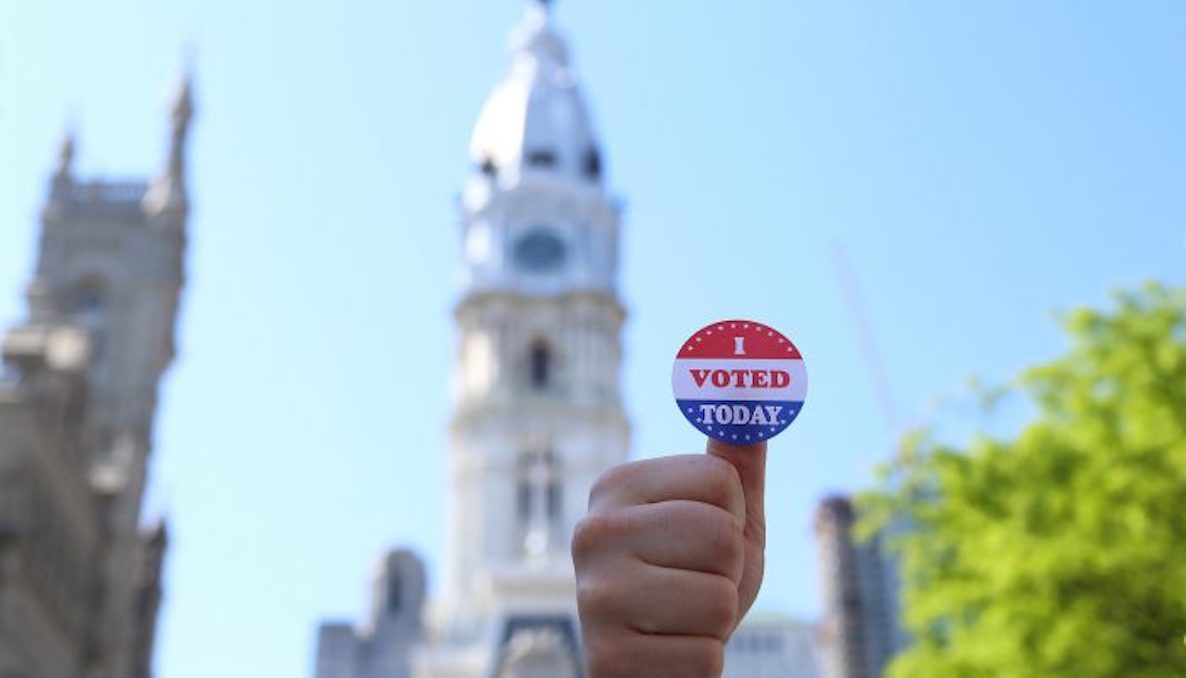This election season, most of the attention is on the City Council primaries, and to a lesser extent, our snoozer of a Mayoral primary, but there are also important row offices on the ballot like the City Commissioners who run our elections, Sheriff, and Register of Wills. Unlike with the City Council race though, where most voters have at least some idea of what the job entails and what issues Councilpeople are in charge of, the issues at stake in a City Commissioner or Sheriff race are less well understood.
To help voters sort out what’s important in the City Commissioner primary, the Better Philly Elections Coalition (BPEC) released a five-point platform this week with the coalition’s top priorities for the next term, which will also be the basis for a candidate questionnaire to be distributed soon.

Prefer the audio version of this story? Listen to this article on CitizenCast below:

BPEC is made up of several good government organizations in town—including Philly 3.0, Committee of Seventy, and the Public Interest Law Center—whose long term goal is to urge City Council to modernize city elections by replacing the City Commissioners with appointed, experienced election officials. In the meantime, the group has interim goals around protecting voting right and upgrading Philadelphia’s election operations and policies.
It’s pretty short so it’s worth sharing in full here:
- Set a vision and advance reform. Involve various stakeholders from across Philadelphia in a strategic planning process to set an overarching vision for city elections and the voting experience, and the steps and resources necessary to achieve that vision. This should include advocating for updates to Pennsylvania’s 1930s-era election law; developing a system to evaluate local elections and incorporate best practices from other municipalities; and implementing department-level reforms that enhance election integrity and voter accessibility.
- Safeguard elections. Work with city and state officials, advocates, and voters to expose fraud, intimidation, and corruption in the election process; train poll workers to administer election law and ensure clean elections; and ensure the smooth deployment of voting machines that produce an auditable paper trail and electronic poll books. Philadelphia has made progress in bolstering election integrity in recent years, but more must be done to safeguard our elections and protect public trust in the process.
- Guarantee voter accessibility and rights. Install processes and allocate resources beyond those required by local, state and federal law to ensure that voters with disabilities and those with limited English proficiency have equal access and a quality experience during the voting process. This includes making voting materials available in the numerous languages spoken in Philadelphia and acquiring voting systems with the capacity to meet the needs of the city’s diverse electorate. Guaranteeing full access to the ballot and protecting voters’ rights will require providing appropriate and thorough training for poll workers and city elections staff who interact directly with voters.
- Effectively recruit, train, and pay poll workers. Develop and implement a program working with community leaders and the rest of city government to staff the more than 8,000 Election Board positions citywide; provide comprehensive, hands-on and scenario-based training prior to every election; and increase compensation for attending training sessions. This includes providing sufficient preparation for all workers to provide assistance to disabled and limited English proficiency voters, efficiently manage a polling site, and ensure a smooth voting experience and clean election.
- Collaborate on evidence-based voter engagement. Collaborate with city departments and other government agencies to offer nonpartisan voter registration opportunities and information about election dates and critical voting procedures as part of service delivery models and by taking advantage of 21st-century technology. Nonpartisan voter registration and engagement programs should be grounded in the robust literature that surfaces proven ways to drive voter turnout, especially in odd-year election cycles with historically low-levels of voter participation. Tactics deployed by the city should be evaluated on a regular basis to gauge performance.
The election security issue has been at the forefront of the conversation lately because of the recent voting machine procurement decision, but there are also a lot of other important issues intersecting with the machine decision beyond preventing hacking or fraud.
![]()
To focus on one, the success of any voting system depends on the ability of thousands of volunteer poll workers to carry it out on election day, which points to the need for the Commissioners to focus on our poll worker training and recruitment. Retaining and recruiting poll workers is a national problem that’s been getting worse, according to Pew, but the City Commissioners are the ones in charge of solving it here, so electing people who can think creatively about organizing approaches to this issue will be key.
![]()
Anecdotally, being part of a ward that may need to replace as many as 40 percent of our poll workers before the November election, I’ve seen first-hand how this recruitment duty falls to wards—partisan political party organizations—to staff and manage election day operations at polling places. It’s understandable how that could happen, but in an ideal scenario, ward functions and board of elections functions would have a lot more separation, and that’s only going to be possible with much more robust poll worker recruitment.
The poll worker training issue is particularly important for making sure that all legally-registered people are able to exercise their democratic rights. The new voting machines and new processes are an opportunity that we should take to reexamine not only the training materials, but the whole training process, because a lot of Philadelphia’s voting access problems stem from insufficient training or knowledge that should ultimately be pinned on the Commissioners, not poorly-paid civilian volunteers.
For candidate responses, check out the Better Philly Elections Coalition on Facebook over the next few weeks.
Jon Geeting is the director of engagement at Philadelphia 3.0, a political action committee that supports efforts to reform and modernize City Hall. This is part of a series of articles running in both The Citizen and 3.0’s blog.



